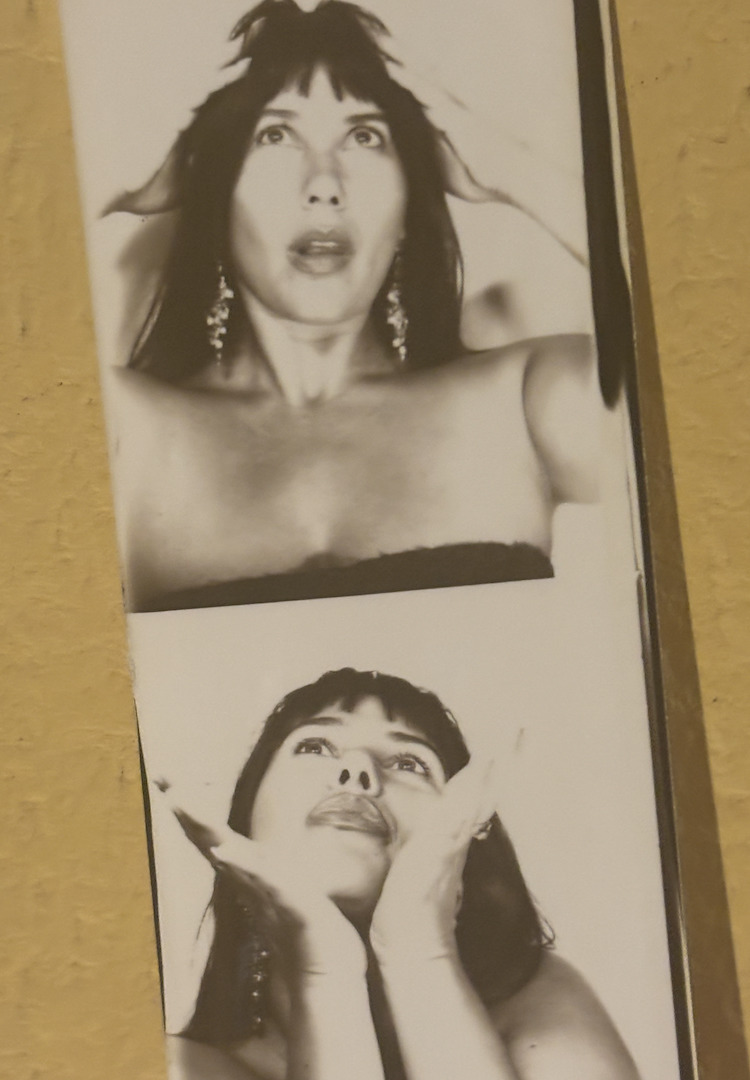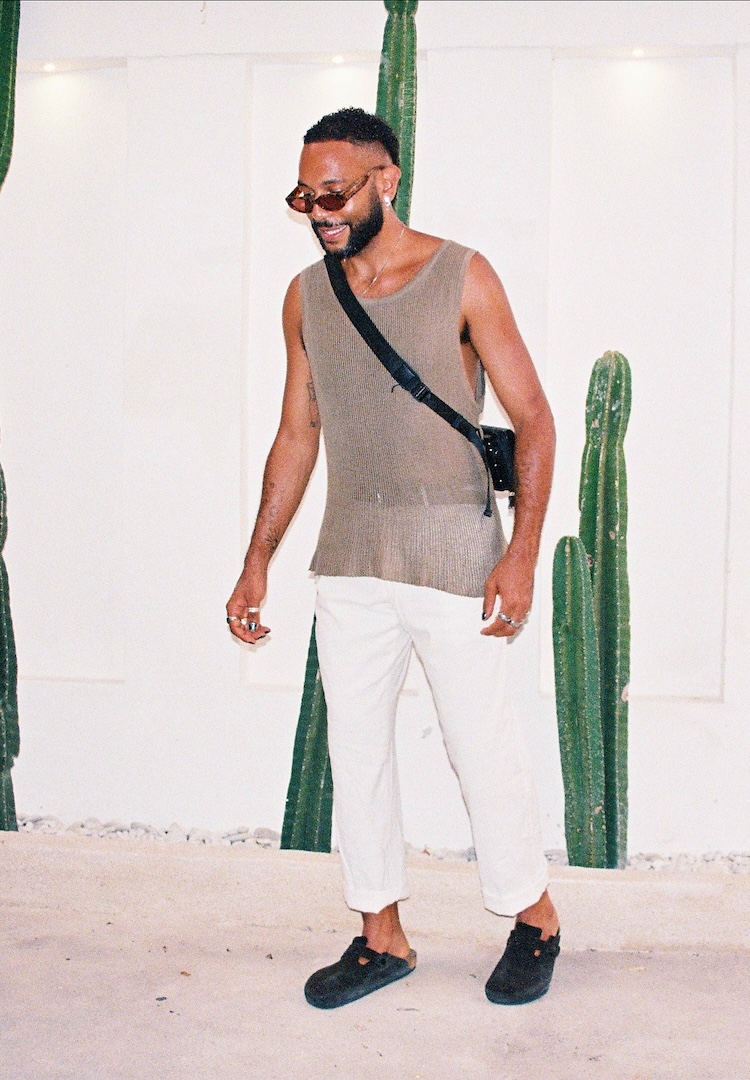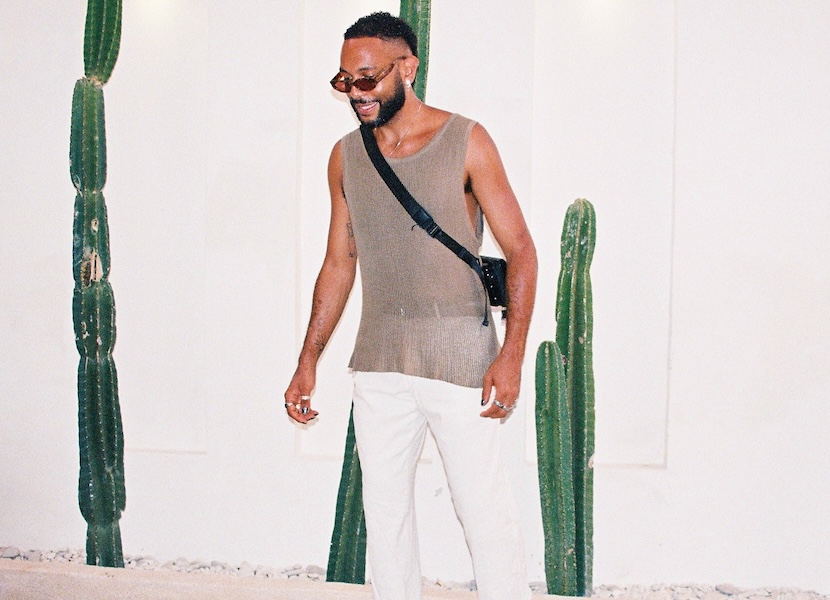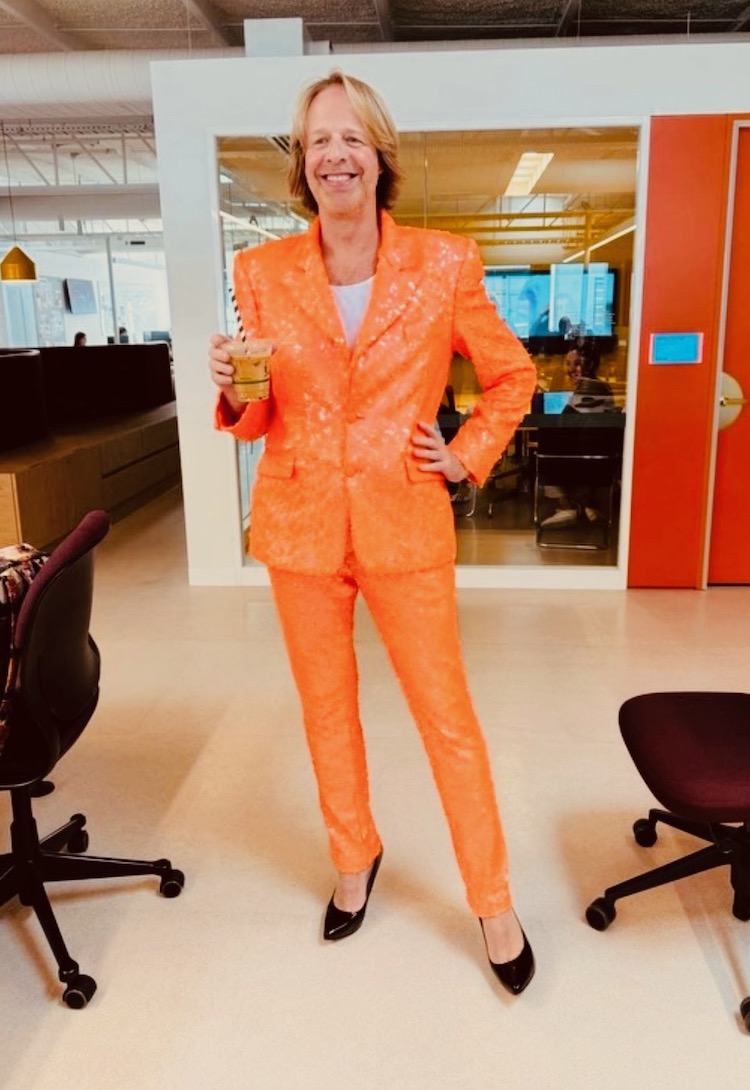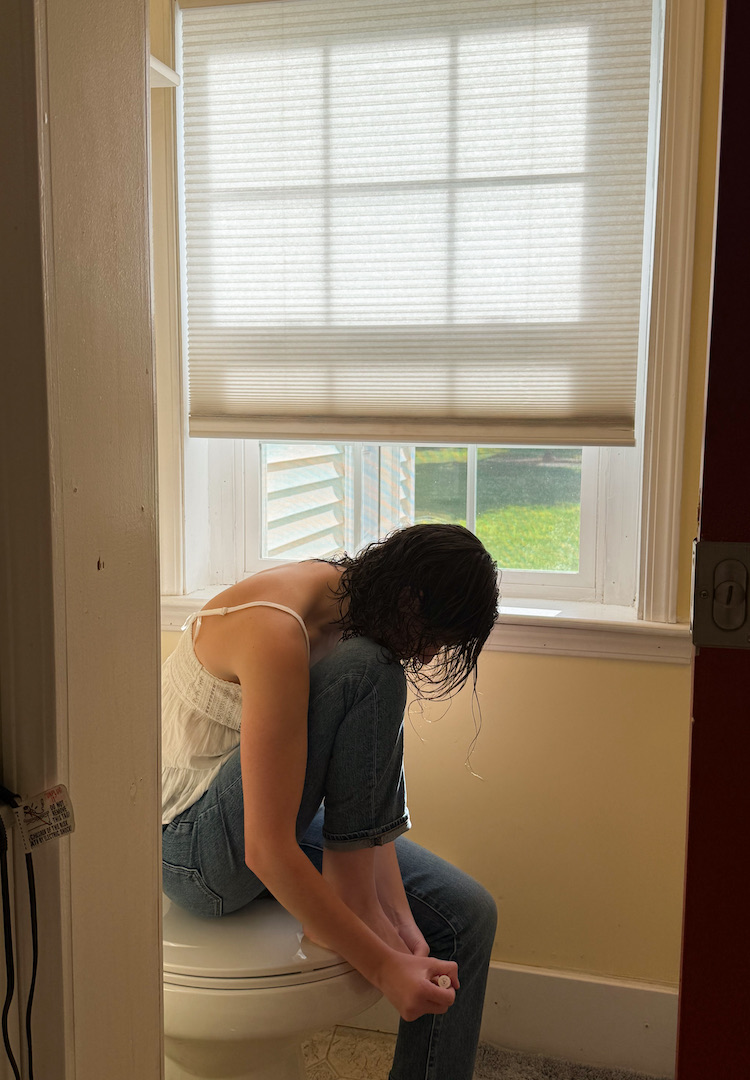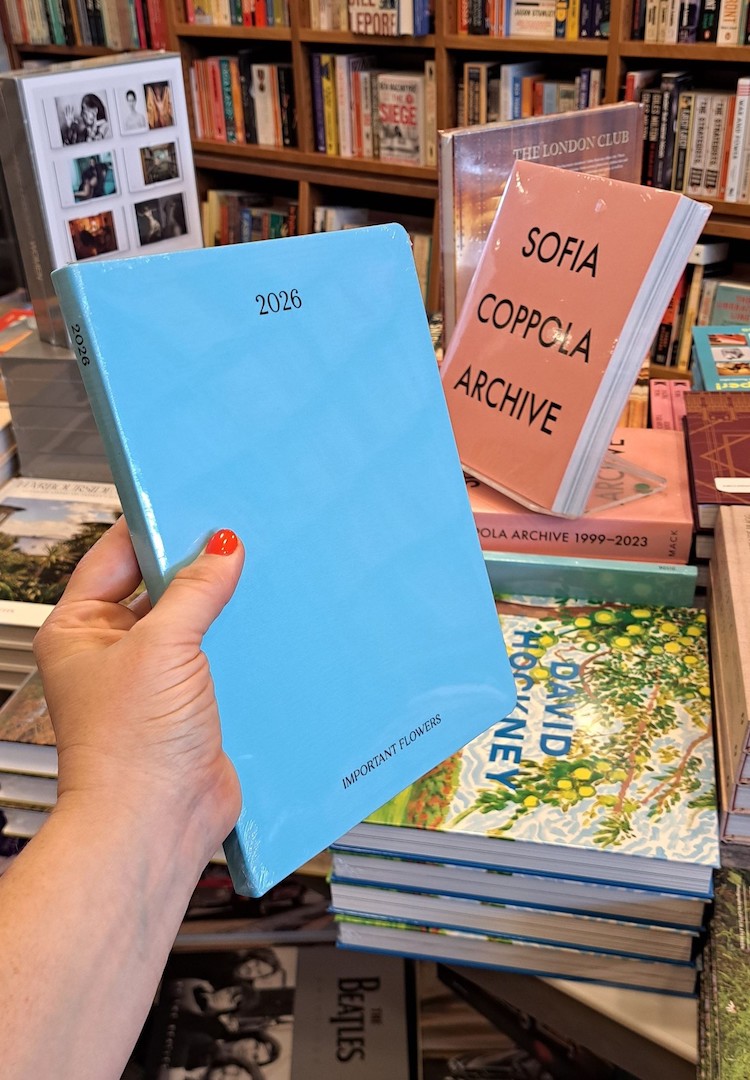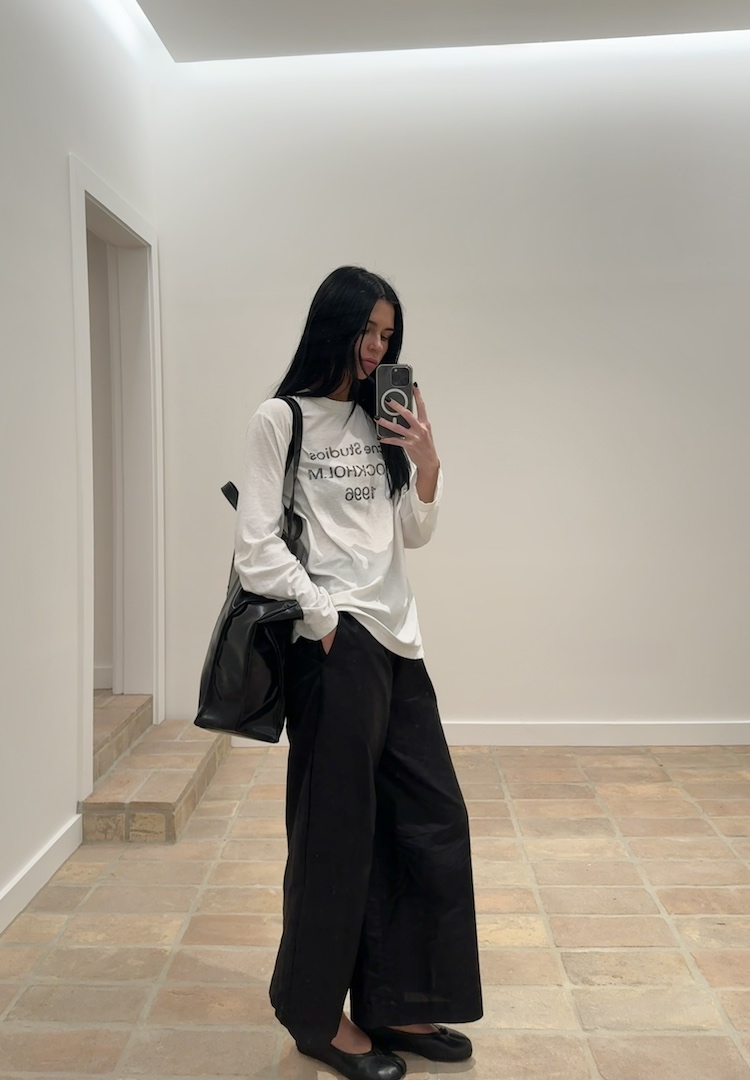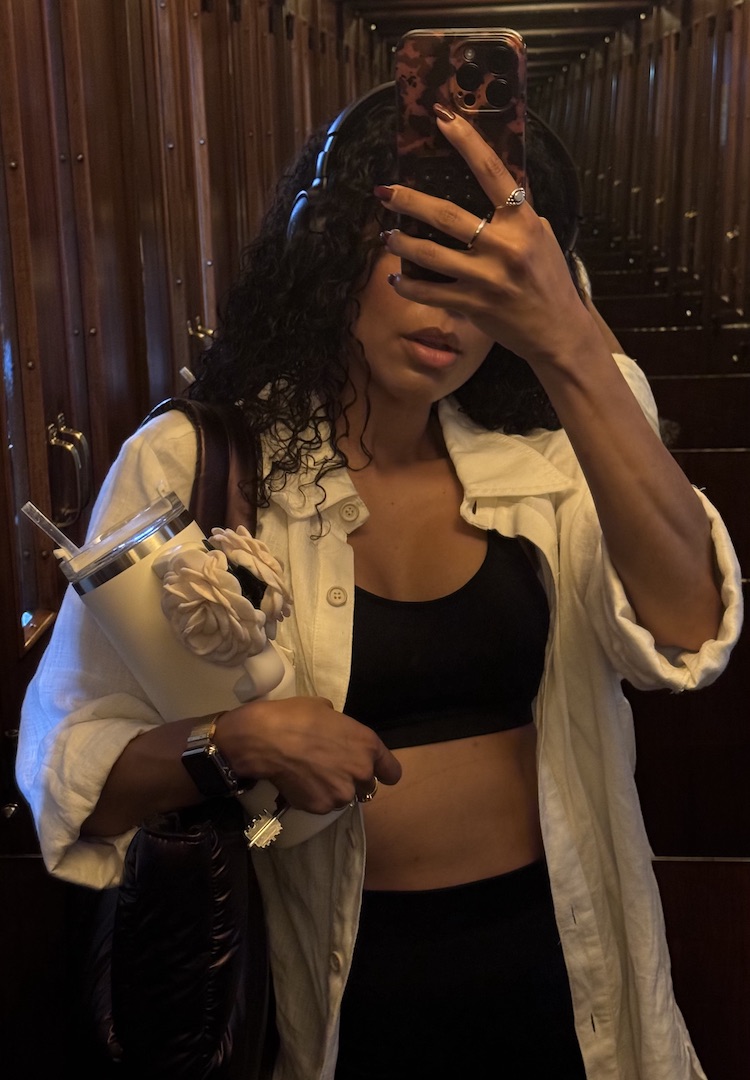How I Got Here: Sebastian Pasinetti on navigating 5am starts, burnout and a non-linear career
As told to Fashion Journal
“Most assume you pick one lane, cook, writer, or mental health work, and stay there.”
Have you ever stalked someone on LinkedIn and wondered how on earth they managed to land that wildly impressive job? While the internet and social media might have us believe that our ideal job is a mere pipe dream, the individuals who have these roles were in the same position once, fantasising over someone else’s seemingly unattainable career.
But behind the serious titles and fancy work events lies a heck of a lot of hard work. So what lessons have been learnt and what skills have proved invaluable in getting them from daydreaming about success to actually being at the top of their industry?
Looking for a new 9 to 5? Head to our Careers page for new listings daily.
Welcome to How I Got Here, where we talk to people who are killing it in their respective fields about how they landed their roles, exploring the failures and the wins, and most importantly the knowledge, advice and practical tips they’ve gleaned along the way. This week, we hear from Sebastian Pasinetti, cook, writer, counsellor-in-training and entrepreneur.
Like a lot of us, Sebastian Pasinetti found himself in a hospitality job by accident. With no culinary experience, he built his way from the bottom, waiting tables and washing dishes before co-founding Oko, a Mediterranean-inspired catering service, marking one of many notches on his belt.
His passion for sparking conversations and creating special moments for strangers has led him to seek more ways to connect with the industry and those beyond it. Recognising a need for greater mental health support in hospitality, he co-founded Minds en Place, a hub for creating positive social and cultural change in the workplace. He’s also found solace in writing about the overlaps of food, culture and community, ultimately building his portfolio as a writer between everything else.
Through his journey, Sebastian’s found there are more links between hospitality, writing and mental health than meet the eye.
View this post on Instagram
Fashion Journal: Hi Sebastian! Tell us a little about who you are and what you do.
Sebastian: I’m a cook, writer, counsellor-in-training and entrepreneur. My work is at the intersection of food, culture and mental health. Basically I try to cook up spaces where people feel seen, nourished and connected.
Take us back to when you were first starting out. How did you get your foot in the door?
I fell into hospitality the way a lot of people do, by accident. I didn’t go to culinary school. Instead, I started at the bottom, waiting tables and washing dishes, learning as I went. What kept me hooked wasn’t just the food, but the people. Hospitality became a crash course in life: long hours, endless pressure and the strange joy of creating moments for strangers they carry with them. But I never wanted to be boxed in as just a cook, chef or front-of-house manager.
Writing became a way to expand the conversation, to tell stories about food, culture and the communities that shape both. Then came mental health. After watching so many colleagues burn out or break down, I realised the industry needed support that went deeper than a staff meal or a day off. That’s why I began counselling studies and launched projects that bridge these worlds.
So no, there was never a straight line here. It’s been more like bush-bashing through three different forests, but somehow, they all met in the same clearing.
View this post on Instagram
What challenges or hurdles have you faced getting to where you are now?
Imposter syndrome has followed me into every room. Not going to culinary school meant I often felt I had to work twice as hard to be taken seriously. In writing, there’s the constant dance of pitching stories that matter, while being told they don’t fit. And in mental health, stepping into a largely white, heteronormative space as a Black, queer man comes with its own invisible weight.
But the biggest hurdle was burnout. I hit it hard in my twenties. Hospitality has a way of glorifying exhaustion, as if being on the brink is proof of your dedication. It took me years to unlearn that.
I had to step back, reframe my relationship with work and figure out how to show up sustainably. At the time, it felt like failure, like I was letting people down. Now I see it as one of my most important turning points. That experience didn’t just shape how I work. It fuels my drive to help reimagine the industry so others don’t have to hit the same wall.
What do you want people to know about your industry?
Hospitality isn’t glamorous. It’s equal parts joy and grit. The joy is obvious: feeding people, creating community, being part of culture in ways that feel immediate and alive. When it works, hospitality has the power to make someone feel seen, even just for an hour over a meal. That’s why so many of us fall in love with it.
View this post on Instagram
But the grit is what most people don’t see: the 5am starts, the broken equipment, the low pay, the constant pressure and the emotional labour of keeping it all together while smiling through it. Add to that the knock-off culture, the normalised drinking and substance use that creeps in at the end of service. It’s a release, but it can also be a trap, one that feeds burnout and isolation. Hospitality is both beautiful and brutal.
What’s the best part about your role?
The best part of my work is the intimacy of it. Food, words and mental health might seem separate, but they’re all about the same thing: connection. It’s in the quiet moment when someone’s body softens after a meal, or when a reader writes to say they felt seen in my story. Those flashes of recognition, of being understood, are what keep me hooked.
What would surprise people about your role?
What might surprise people is how non-linear my career is. Most assume you pick one lane, cook, writer or mental health work, and stay there. Mine is more like a collage. Each role feeds the others: studying counselling informs how I write, writing sharpens how I tell stories with food, and cooking keeps me grounded where I began. The overlap isn’t a distraction. That’s the point.
View this post on Instagram
What skills have served you well in your industry?
Adaptability is everything. Kitchens shift by the minute, writing shifts by the headline and studying counselling shows me how different every person is. Empathy, storytelling and listening – really listening – have been the threads tying it all together. They’re the reason I can move between food, culture and mental health without losing the heart of what I do.
What advice would you give to someone who wants to be in a role like yours one day?
Stop waiting for permission. No one’s going to hand you a map in this industry. You’ve got to carve your own path. Try everything. Fail loudly. Learn fast. And don’t get stuck on the idea that you have to choose one title forever. The parts of you that don’t fit are usually the ones that make you stand out.
And here’s the bit no one tells you: protect your energy. Burnout isn’t cool, it isn’t noble and it isn’t required. Rest is part of the job. Surround yourself with mentors, peers and collaborators who remind you you’re not alone. That’s what will keep you going.
What about a practical tip?
Ask for help. Seriously. Don’t waste time pretending you’ve got it all handled, no one does. Whether it’s work, study or life, find people you trust and lean on them. It’s not weakness, it’s how you last.
Keep up with Sebastian here.

